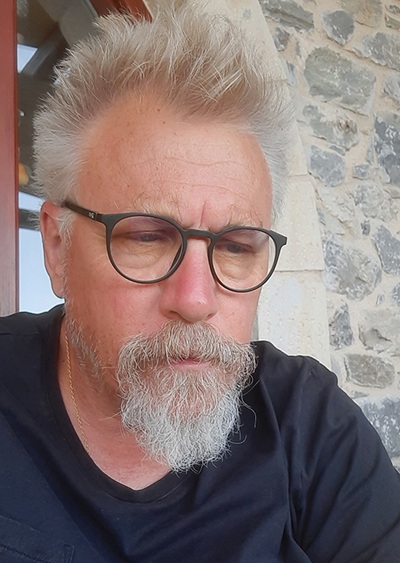
Philosophy has repeatedly been described as a process of studying death and preparing for it. The history of philosophy is traversed by its confrontation with death, a confrontation that branches into two opposing philosophical tendencies. The one tendency is expressed as the victory of life and the overcoming of death• the other tendency is expressed as the acceptance of death and the end, as the necessary condition of life and its inevitable conclusion. These two tendencies are isomorphic in terms of the emotional economy that governs them: both are driven by a shocking fear of death, by existential anguish that philosophy is called upon to “manage”, and end up discrediting the fear of death as something bad to overcome.
In ancient Greek philosophy, for example, two competing philosophical approaches end in the same attitude to the fear of death. The idealist-rationalist Plato, through the mouth of Socrates, in the apology argues that either death is nothingness, in which case it will be like sleep and not something terrible, or death will be like a relocation of the soul to another place, and therefore it will not be nothingness. With this reasoning, Plato faked the fear of death as some kind of mental crime. On the other hand, the materialist-empiricist Epicurus argues that death for us is nothing, it is something that our senses cannot feel, and therefore death cannot be something terrible since there is no experience: “death is nothing for us. Because everything that disintegrates ceases to feel. And what he doesn’t feel doesn’t concern us.” Both of these approaches, as well as many others, portray the fear of death as an obstacle to a happy life.
In this lecture on the subject: “Why should we fear death. A phenomenological approach”, chaired by the Postdoctoral Researcher at the Department of Classical Studies and philosophy of the University of Cyprus, Dr. Christos Hatziioannou, we will see how and why the phenomenological philosophy of the German philosopher Martin Heidegger restored the importance of emotions and moods and reduced the fear of death and existential anguish to a top phenomenon, through which man manages to capture the finality of existence, and to capture temporality as the foundation of existence. In this context, the fear of death is not only not to be repressed or entertained, but it must be awakened.
Coordinator of the lecture that will take place on Tuesday, December 13, 2022, at the Municipal Cultural Center “Famagusta” Larnaca, of the Onassis Cultural Center at 7:00 m.m., will be the special teaching scientist at the Department of classics and philosophy of the University of Cyprus, Dr. Rovertos Heller and is open to the public. You can listen to this lecture on the channel of the Cyprus Radio Foundation on YouTube, at the link: https://bit.ly/3EgzrBq.







Leave A Comment